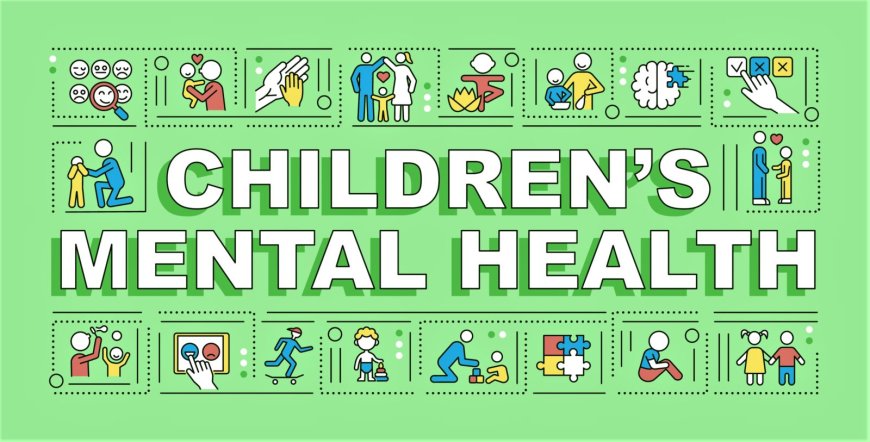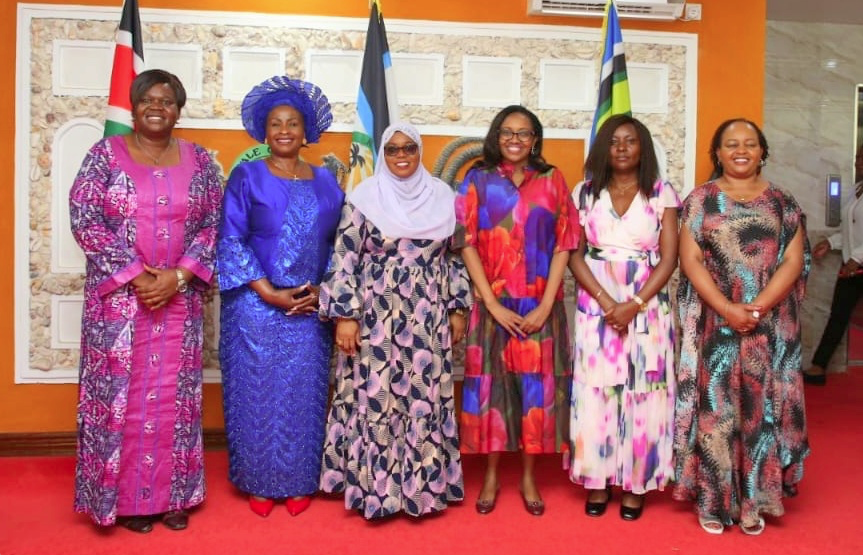Healthy Minds: Addressing the Mental Health Crisis Among Children
The mental health crisis among children is growing, with rising rates of anxiety, depression, and other conditions. This article explores the importance of providing adequate support and resources, sharing stories of innovative programs making a difference. With a lighthearted touch, we imagine a world where mental health check-ups are as routine as dental visits, complete with friendly “mind doctors.” Learn about the initiatives helping children thrive and the importance of prioritizing mental health.

In a world where superheroes wear capes and dentists are the guardians of pearly whites, imagine a new kind of hero: the “mind doctor.” These friendly mental health professionals are here to ensure that mental health check-ups become as routine as dental visits. As we dive into the rising mental health issues among children, let’s explore the importance of providing adequate support and resources, and share stories of innovative programs making a difference.
The Growing Crisis
Children today face a myriad of challenges that can impact their mental health. From academic pressures and social media influences to family dynamics and global uncertainties, the list is long and daunting. The COVID-19 pandemic has only exacerbated these issues, leading to a significant rise in anxiety, depression, and other mental health conditions among young people.
In Kenya, as in many parts of the world, the stigma surrounding mental health often prevents children from seeking help. This is where our “mind doctors” come in, breaking down barriers and providing much-needed support. But how do we ensure that every child has access to these heroes?
Innovative Programs Making a Difference
Around the globe, innovative programs are stepping up to address the mental health crisis among children. Let’s take a look at some of these initiatives:
-
The Friendship Bench (Zimbabwe): This program provides a safe space for children to talk about their feelings with trained community health workers. The benches, often placed in schoolyards, offer a simple yet effective way to provide mental health support.
-
Headspace (Australia): Headspace centers offer free or low-cost mental health services to young people. These centers are designed to be youth-friendly, with a focus on early intervention and holistic care.
-
The Happy Classrooms Initiative (Kenya): This local program integrates mental health education into the school curriculum. By teaching children about emotional well-being and resilience, the initiative aims to create a supportive environment where mental health is openly discussed.
-
MindUP (Global): Founded by the Goldie Hawn Foundation, MindUP is a mindfulness-based program that helps children develop emotional regulation and resilience. The program is implemented in schools worldwide, including in Kenya, and has shown positive results in improving children’s mental health.
A Lighthearted Look at Mental Health Check-Ups

Imagine a world where visiting the “mind doctor” is as common as getting a dental check-up. Children would eagerly anticipate their appointments, knowing that their mental well-being is just as important as their physical health. These check-ups would involve fun activities, like drawing their feelings or playing games that teach coping skills.
Our friendly “mind doctors” would wear colorful lab coats and have offices filled with toys and art supplies. They would use creative techniques to help children express their emotions and develop healthy coping mechanisms. Just like dentists give out stickers and lollipops, “mind doctors” would reward kids with mindfulness journals and stress balls.
The Importance of Support and Resources
Providing adequate support and resources for children’s mental health is crucial. Schools, communities, and governments must work together to create environments where mental health is prioritized. This includes training teachers to recognize signs of mental distress, providing access to mental health services, and reducing the stigma associated with seeking help.
In Kenya, initiatives like the Happy Classrooms Initiative are paving the way for a brighter future. By integrating mental health education into the school curriculum, we can ensure that children grow up understanding the importance of mental well-being.
Conclusion
As we continue to navigate the complexities of the modern world, it’s essential to prioritize the mental health of our children. By providing support, resources, and innovative programs, we can ensure that every child has the opportunity to thrive. Let’s embrace the idea of routine mental health check-ups and celebrate our “mind doctors” as the heroes they are. After all, a healthy mind is just as important as a healthy body.
What's Your Reaction?







































































































